Scent work gives your dog a boost of confidence that toys and treats alone can’t touch.
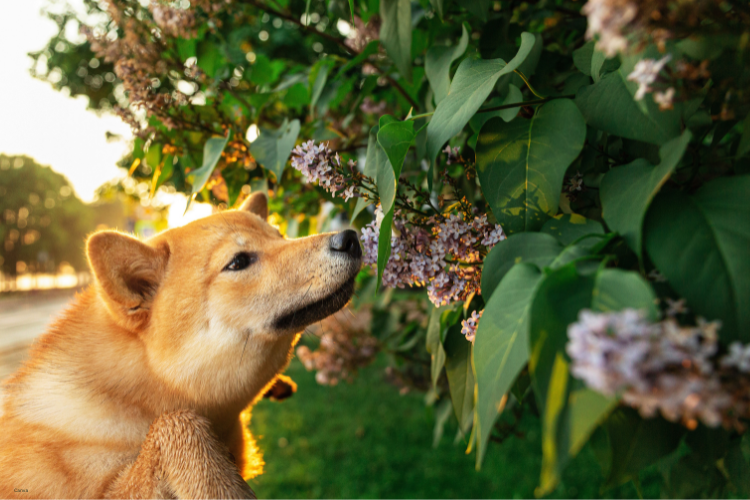
Some dogs just seem unsure, even when showered with toys and treats. That shaky confidence often comes from not knowing what to do with all their nervous energy. Scent work changes that by tapping into your dog’s oldest skill—its nose. This isn’t another obedience drill; it’s a chance to succeed at something they’re built to do. Success breeds confidence, and that confidence spills into everything else they do.
1. Unlocking instinct rewires shy behavior fast.
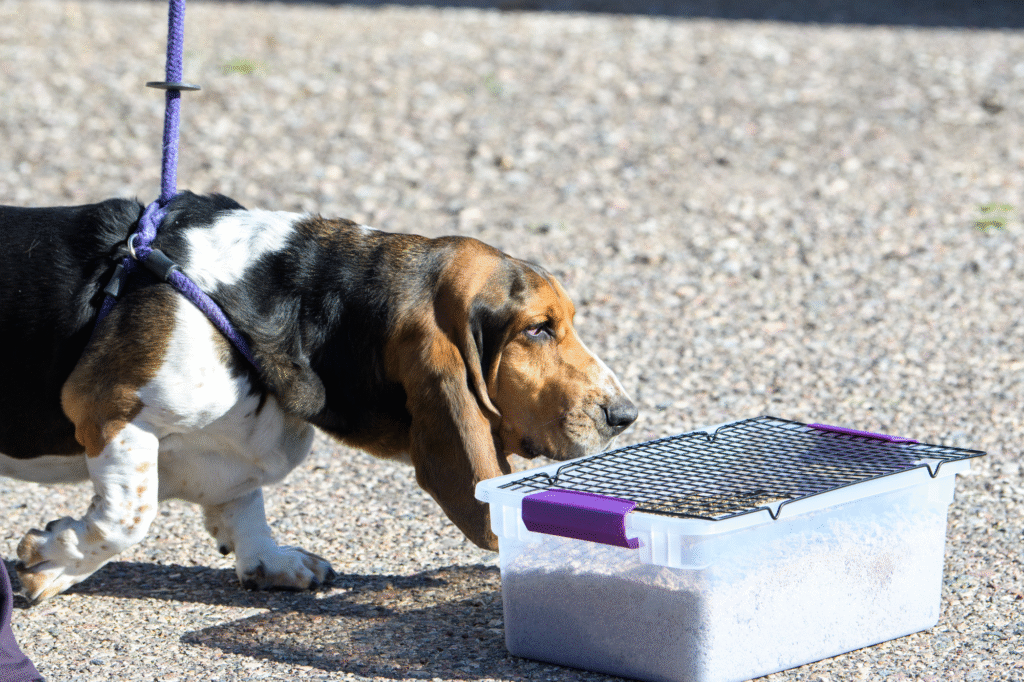
Shy dogs often transform quickly when given scent-based tasks because the activity plays directly into their natural tracking abilities. It’s like giving them permission to use a part of themselves that’s been waiting for a job. Their tail comes up, their pace quickens, and suddenly they look like they own the space. That shift isn’t just a lucky break; it’s been documented in dogs engaged in scent programs, according to the American Kennel Club.
2. Nose work flips anxiety into focus.
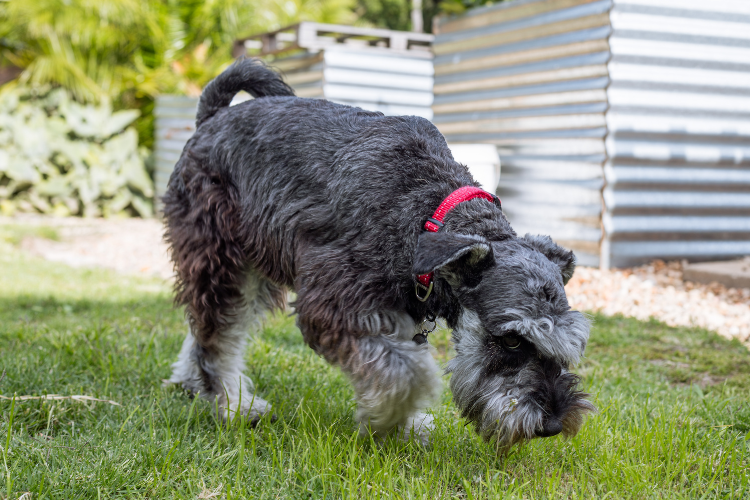
Dogs who stress bark or shake in new places often calm down once they’re locked onto a scent puzzle. Their brain ditches panic for problem solving, which naturally brings breathing and heart rate down. A big reason for this shift is that sniffing acts like mindfulness for dogs, as shown in the Journal of Veterinary Behavior, which observed reduced stress hormone levels during scent work. That kind of calm focus builds confidence they can lean on in unpredictable moments.
3. Problem solving grows adaptability like nothing else.

When dogs practice tracking down hidden items, they learn to approach new situations with curiosity rather than fear. It’s a small mental pivot that pays off in big ways because they stop freezing when things change and start investigating instead. The result is a dog willing to explore instead of retreat, a behavior shift reported by canine behaviorist Marc Bekoff. Those little wins stack up and reshape how they handle an unpredictable world.
4. Small wins show up in body language everywhere.

Confidence spreads fast once a dog learns it can overcome challenges on its own. Loose body movement, wagging tails held high, and steady eye contact often appear in dogs who were once timid. Those tiny nonverbal changes spill into social moments too—meeting guests, walking in busy areas, or even handling a loud garbage truck without panicking. Owners often notice this boost most during moments that used to trigger hesitation, proving that even subtle scent work can create noticeable emotional change.
5. Dogs develop a healthier bond with their handler.

Scent work is teamwork at its best. You hide, they find, you celebrate together. That dynamic builds trust because your dog sees you as their guide but also their cheerleader. It’s not just about the treat at the end but the shared moment of success. Dogs thrive on that sense of partnership, which in turn builds their confidence knowing you’re their safe anchor in new situations. Over time, this habit of working together often carries into everyday obedience and even stressful scenarios.
6. Scent work gives shy dogs a safe way to explore.

For dogs who hesitate in new environments, focusing on a scent gives them permission to move forward without feeling exposed. The goal-driven nature of scent work pulls them out of their shell gently, one successful sniff at a time. With each small win, their bravery grows, making previously scary places just another opportunity to succeed. Many owners are surprised to find their once-cautious dogs walking more confidently even in places that used to overwhelm them.
7. Nose-driven tasks help reactive dogs channel energy constructively.
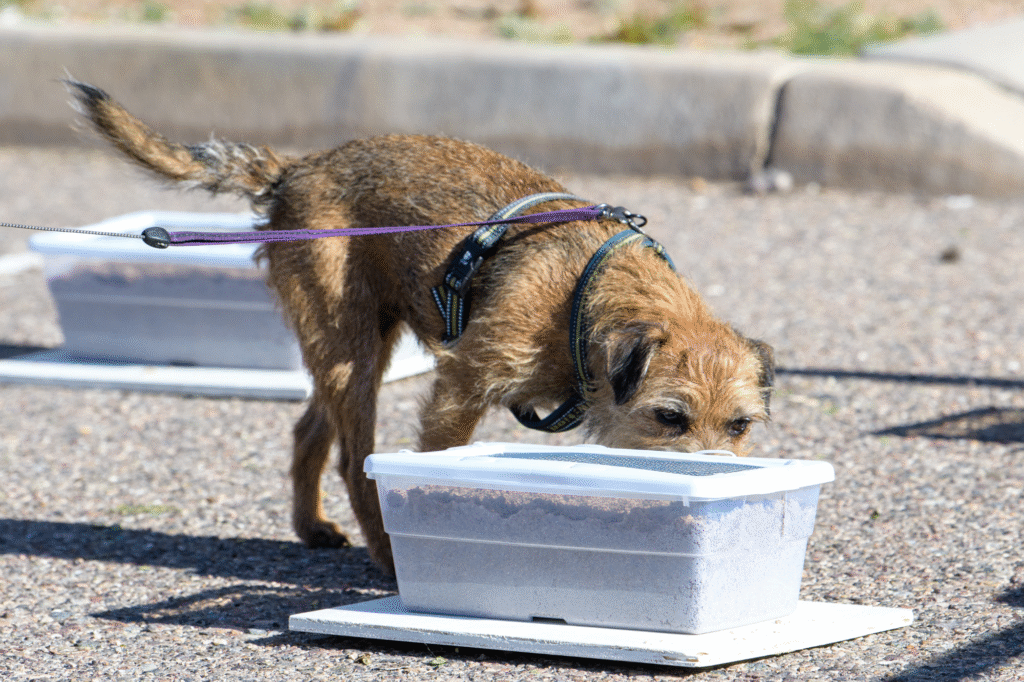
Dogs quick to bark or lunge often need a mental redirect. Scent games provide it, giving their energy a productive outlet and teaching them how to focus in high-stimulation settings. That repeated redirection teaches self-control and eventually translates into calmer behavior even when temptations to react are high. It’s a form of mental exercise that doesn’t just drain energy, it rewires how they handle frustration and excitement in real-world situations.
8. Using scent work indoors builds confidence even in bad weather.
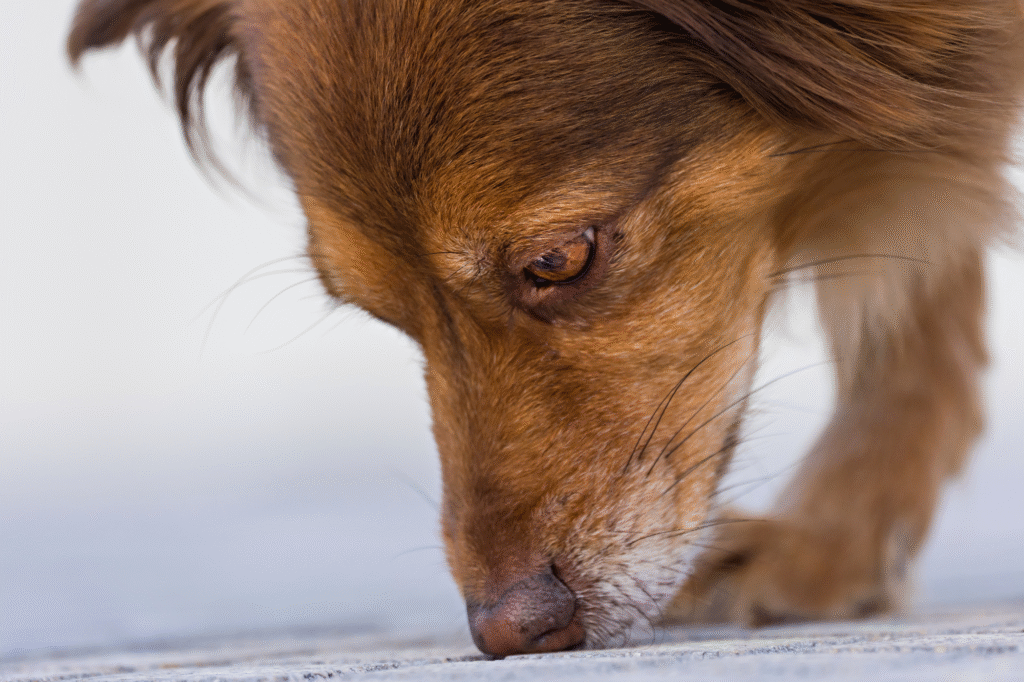
Rain, wind, or extreme heat doesn’t stop progress because scent work adapts easily to indoor spaces. For weather-sensitive dogs, this means consistent training and positive reinforcement even when outside isn’t an option. That reliability keeps confidence from dipping and gives dogs something fun to look forward to regardless of the forecast. Indoor scent games also tend to boost trust and security because the dog succeeds in a familiar and safe environment.
